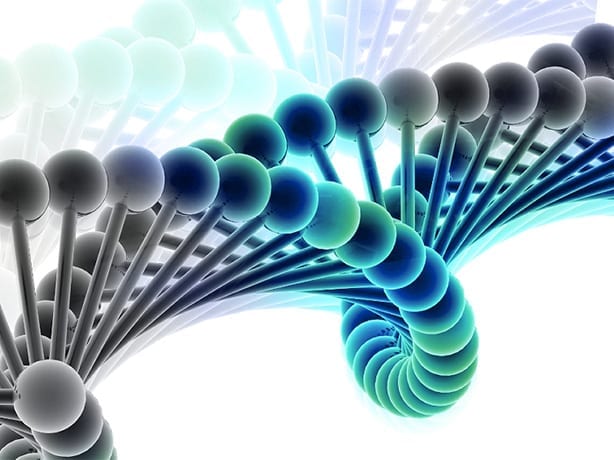Study of Two Million Children Uncovers True Cause of Autism
Autism and its root cause are both something that have been hotly contested and debated for a growing number of years. Affecting an estimated 1 in 59 children in the United States alone, this disorder is characterized by challenges with social skills, repetitive behaviors, speech, and nonverbal communication.
A study recently published in JAMA Psychiatry studied the medical records of more than 2 million children born in Denmark, Finland, Sweden, Israel, and Western Australia between 1998 and 2011, making this the largest study of its kind to date. The researchers followed the subjects until age 16, by which time over 22,000 had been diagnosed with ASD. Researchers found that autism, or autism spectrum disorder (ASD), is 81% reliant on inherited genes, while environmental factors account for less than 20% of the risk, IFLScience.com reported.
“Although families are often most concerned about environmental risk factors for autism, the reality is that genetic factors play a much larger role overall,” Dr. Andrew Adesman of Cohen Children’s Medical Center in New Hyde Park, New York said. (Dr. Adesman was not involved in this study.) “Environmental factors also play a smaller, but important role,” he continued. “This does not mean that we can completely ignore the environmental risk factors and their interaction with the genetic risk factors.”
While this study continues to strengthen the case that genetics are the major contributing factor for ASD, ASD can still not be attributed to one sole cause. Scientists also still don’t fully understand which specific gene interactions contribute to ASD, prompting large amounts of continued research in this area.














